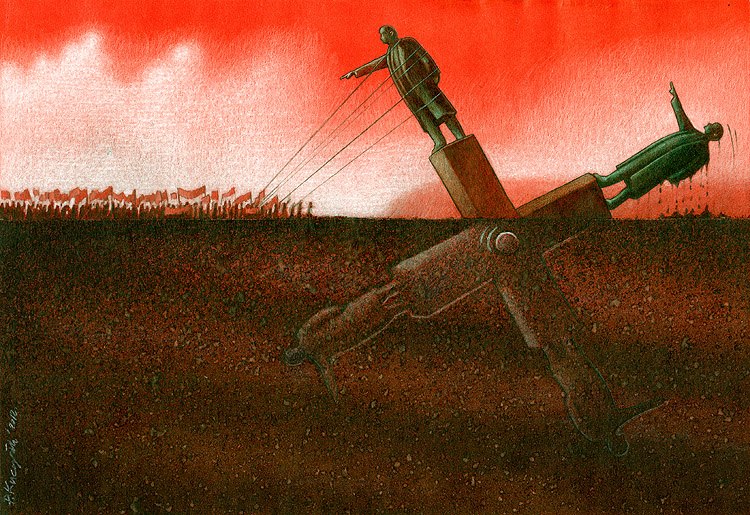POT4053 Great Political Thinkers II: Machiavelli to Marx
Click here for syllabus
Course Description:
This class is designed to familiarize students with a number of thinkers generally recognized as fundamental for the development of political modernity. The authors we read have all been central to the articulation of a number of traditions that continue to exert a profound impact on contemporary Western political theory and practice. In this vein, ideologies to be discussed include (but will not be limited to): republicanism, absolutism, liberalism, democracy, socialism, and Marxism. Topically, we will discuss the idea of the “social contract,” political obligation versus political obedience, political resistance and revolution, natural rights, sovereignty, liberty, private property, history, and human nature. We will also address such problems as the relationship between ethics and politics, the relationship between commercial and political life, and the consequences of economic inequality.
These arguments constitute, in part, the political, cultural, economic, and social situations that we exist within right now—that is, they help determine how we experience and understand our everyday lives. Thus, our broader goal in this course is to come to grips, at least in some small measure, with how we in the modern West have become what we are, and to think critically about the ways in which knowledge derived from reflection upon old texts might inform our approach to political life in the present.
Course Description:
This class is designed to familiarize students with a number of thinkers generally recognized as fundamental for the development of political modernity. The authors we read have all been central to the articulation of a number of traditions that continue to exert a profound impact on contemporary Western political theory and practice. In this vein, ideologies to be discussed include (but will not be limited to): republicanism, absolutism, liberalism, democracy, socialism, and Marxism. Topically, we will discuss the idea of the “social contract,” political obligation versus political obedience, political resistance and revolution, natural rights, sovereignty, liberty, private property, history, and human nature. We will also address such problems as the relationship between ethics and politics, the relationship between commercial and political life, and the consequences of economic inequality.
These arguments constitute, in part, the political, cultural, economic, and social situations that we exist within right now—that is, they help determine how we experience and understand our everyday lives. Thus, our broader goal in this course is to come to grips, at least in some small measure, with how we in the modern West have become what we are, and to think critically about the ways in which knowledge derived from reflection upon old texts might inform our approach to political life in the present.
image credit: Pawel Kuczynski
